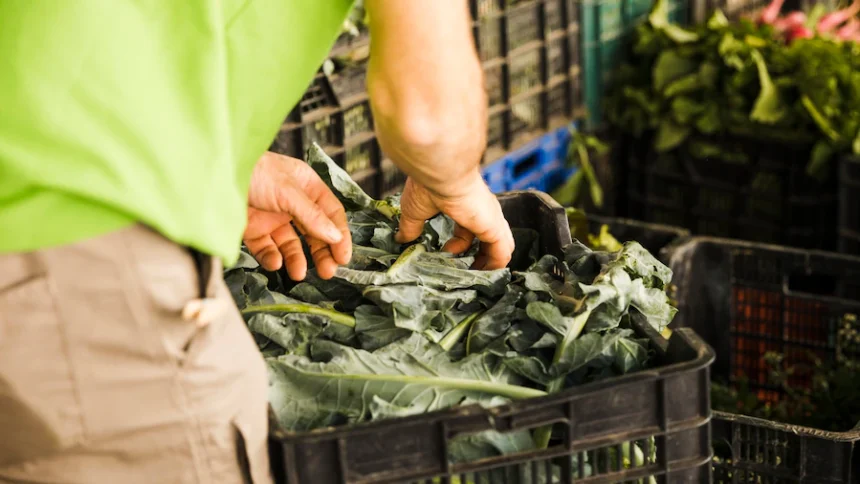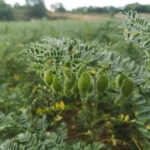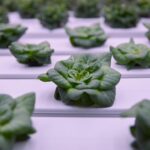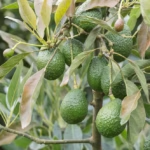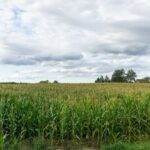Waste-to-value strategies in agroprocessing involve converting agricultural waste and byproducts into valuable products or resources, thereby minimizing waste and creating additional economic opportunities. These strategies can have several potential benefits, including environmental sustainability, resource conservation, and the generation of new revenue streams. Here are some key areas where waste-to-value strategies can be explored in agroprocessing:
- Biomass Conversion: Agricultural waste, such as crop residues, straw, husks, and animal manure, can be converted into biofuels, biogas, or biochar through processes like anaerobic digestion, pyrolysis, or gasification. These bioenergy sources can replace fossil fuels, reducing greenhouse gas emissions and dependence on non-renewable resources.
- Nutrient Recovery: Agroprocessing generates significant amounts of organic waste rich in nutrients like nitrogen, phosphorus, and potassium. Technologies such as composting, vermicomposting, or anaerobic digestion can convert this waste into nutrient-rich fertilizers or soil amendments. These products can enhance soil fertility, reduce the need for synthetic fertilizers, and close nutrient loops in agricultural systems.
- Food Processing Byproducts: Processing of fruits, vegetables, grains, and other food products often generates byproducts like peels, stems, and seeds. These byproducts can be utilized to create value-added products such as dietary fibers, animal feed, or natural food ingredients. Innovative processing methods and extraction techniques can help extract valuable compounds from these byproducts for various applications.
- Bio-Based Materials: Agroprocessing waste can be a valuable source for the production of bio-based materials. For example, lignocellulosic waste can be converted into bio-based polymers, bioplastics, or packaging materials. By substituting petroleum-based products with bio-based alternatives, the environmental impact can be reduced, and a circular economy approach can be promoted.
- Water Reuse and Treatment: Agroprocessing often requires significant water usage, leading to wastewater generation. Implementing advanced wastewater treatment systems can help in reclaiming water for irrigation or other non-potable uses. Moreover, by employing technologies like phytoremediation or constructed wetlands, the organic content and nutrients in wastewater can be effectively treated and converted into valuable biomass or biogas.
- Circular Economy Integration: Waste-to-value strategies can contribute to the development of a circular economy in the agroprocessing sector. By viewing waste as a resource, agroprocessing facilities can optimize their production processes, reduce waste generation, and identify opportunities for value recovery. Collaboration among different stakeholders, such as farmers, processors, researchers, and policymakers, is essential for implementing effective waste management and resource recovery practices.
It is important to note that the successful implementation of waste-to-value strategies requires technological innovation, supportive policies, market demand, and awareness among stakeholders. Collaboration between the agroprocessing industry, research institutions, and government bodies can facilitate the development and scaling up of these strategies, leading to a more sustainable and economically viable agroprocessing sector.


